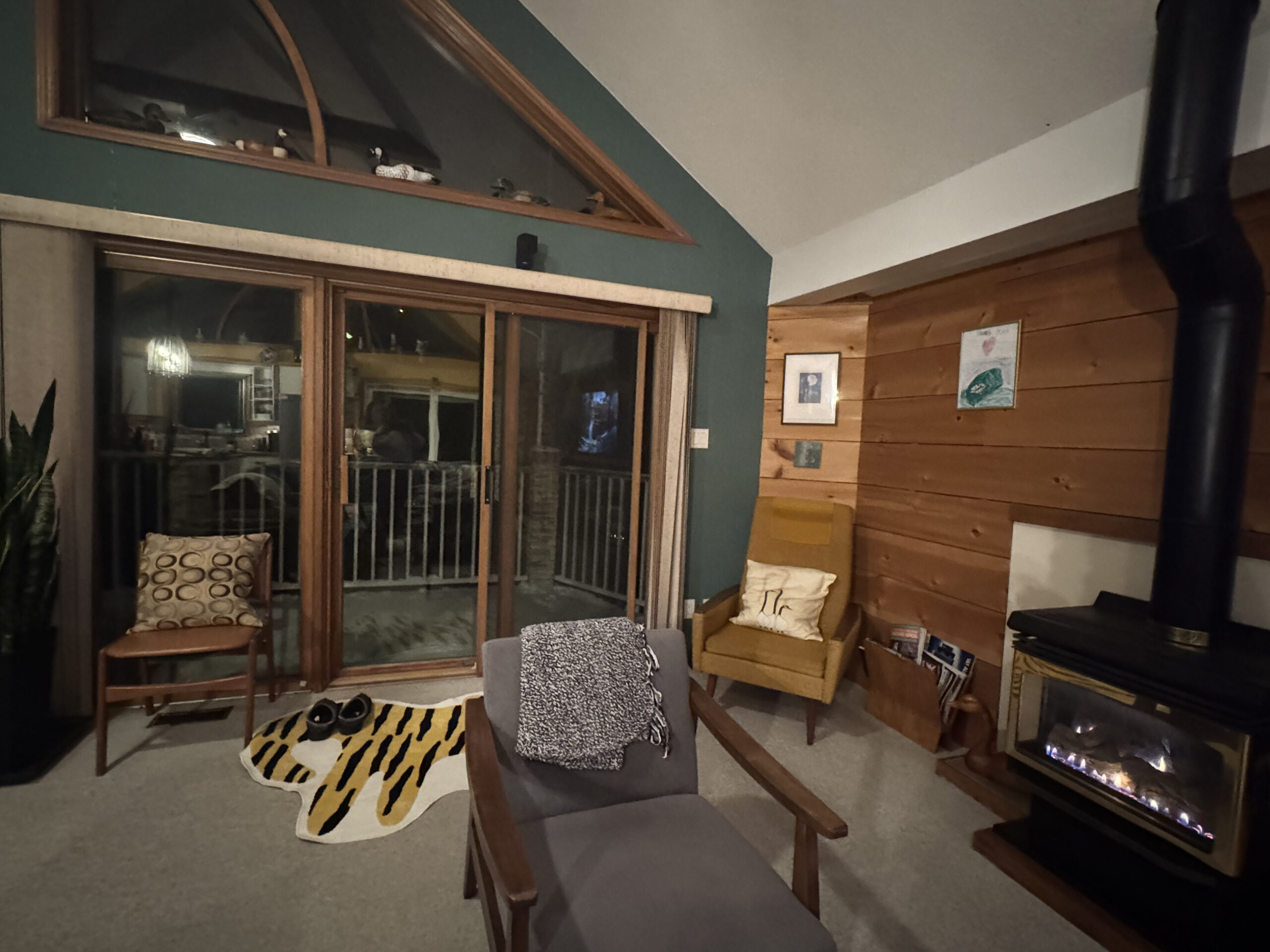
The journey toward understanding true safety is often paved with painful realizations. For 52 years, I lived without truly feeling safe, even through more than two decades of marriage. What I once believed was security was actually a facade built on lies—lies about drug use, sex addiction, and countless betrayals that accumulated into an insurmountable wall.
When you’re in a relationship with someone battling addiction, you convince yourself that love is the solution. You tell yourself that with enough patience, forgiveness, and second chances, you can save them. I believed this narrative for years, ignoring the warning signs and gaslighting myself whenever my intuition tried to alert me. The truth was, my husband’s occasional marijuana use wasn’t just a recreational habit I disapproved of—it was a gateway to deeper issues that my subconscious recognized long before I was ready to acknowledge them consciously.
The text exchange that broke me happened on November 16, 2018. I discovered through Google history that my husband had visited a dispensary after promising to stay clean. When confronted, instead of honesty, I received deflection and hostility. The moment I saw he had referred to me as a “dumb cow” in a draft text message, something fundamentally shifted in me. No matter his explanations about voice-to-text errors or claims it was never sent, the damage was done. Those two words crystallized years of disrespect and revealed how he truly saw me when no one was looking.
Addiction creates an environment where safety becomes impossible. It isn’t just about trust being broken; it’s about your entire reality being constantly undermined. Every apology feels hollow, every promise temporary. It’s like living in a house where the foundation is cracked, but you’re still trying to hang curtains and pretend everything is normal. This slow erosion of peace is what many partners of addicts experience—a constant state of hypervigilance where you can never fully relax or feel secure.
When I finally left my marriage, I made a common mistake: I ran straight into another relationship seeking relief from my pain. I thought I was choosing something better, but I was simply choosing something different with the same underlying issues. My new partner had his own addictions, his own chaos, and ultimately made me feel just as unsafe, only in different ways. Where my husband had lied about substances and infidelity, this new relationship featured the silent treatment—what I now recognize as one of the most emotionally abusive tactics a partner can use.
The path to genuine safety came only when I established non-negotiable boundaries. I decided I would never again tolerate the silent treatment from anyone. I refused to be part of dynamics involving hostile exes who created chaos. Most importantly, I learned that safety isn’t something others provide for you—it’s something you create for yourself by honoring your own worth and walking away from situations where your nervous system is in constant alarm.
Today, I understand that real safety isn’t about perfect peace or the absence of all problems. It’s about waking up and not having to lie to myself anymore. It’s about therapy, stillness, and letting go of people who claimed to love me but couldn’t protect me—or worse, were the ones I needed protection from. This includes not just romantic partners, but even a best friend of 24 years who failed to stand by me when I needed support.
The hardest lesson I’ve learned is that you cannot save someone who isn’t committed to their own healing. The compassionate choice—both for yourself and sometimes for them—is to walk away. Despite the guilt others might try to place on you, choosing your well-being isn’t selfish; it’s necessary. Whether it’s a relationship, workplace, or family dynamic, if your body registers that core “nervous system butterflies” feeling of danger, listen to it. You deserve to feel safe. You deserve peace.














